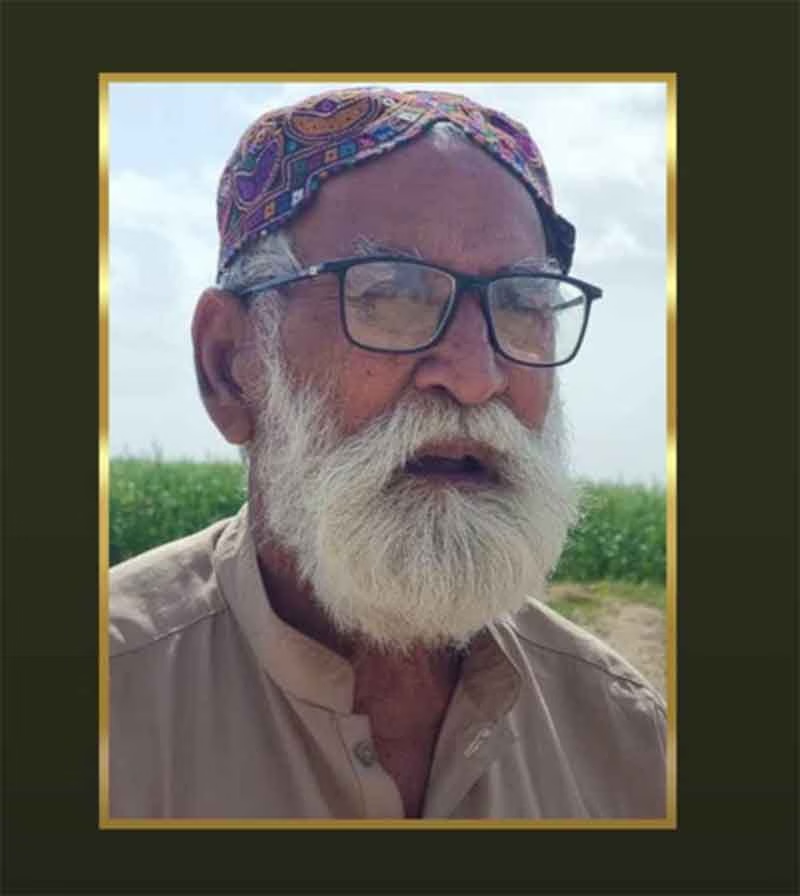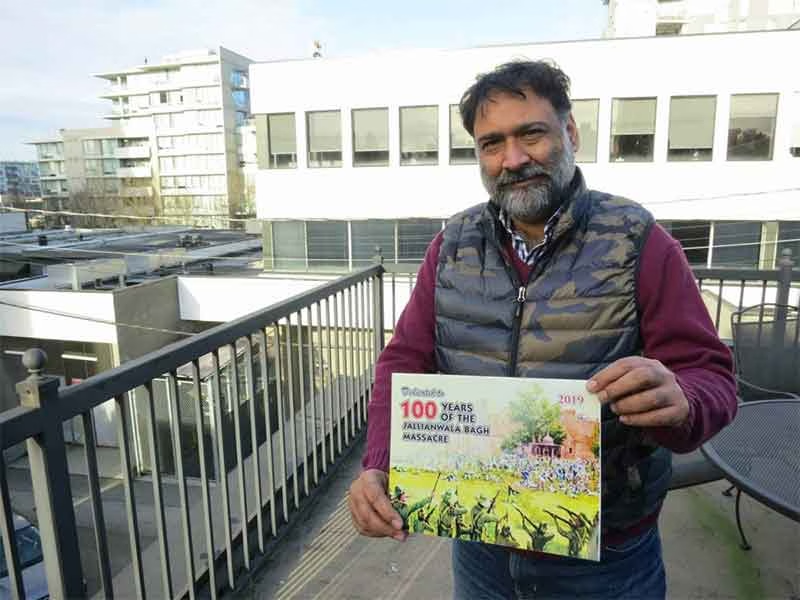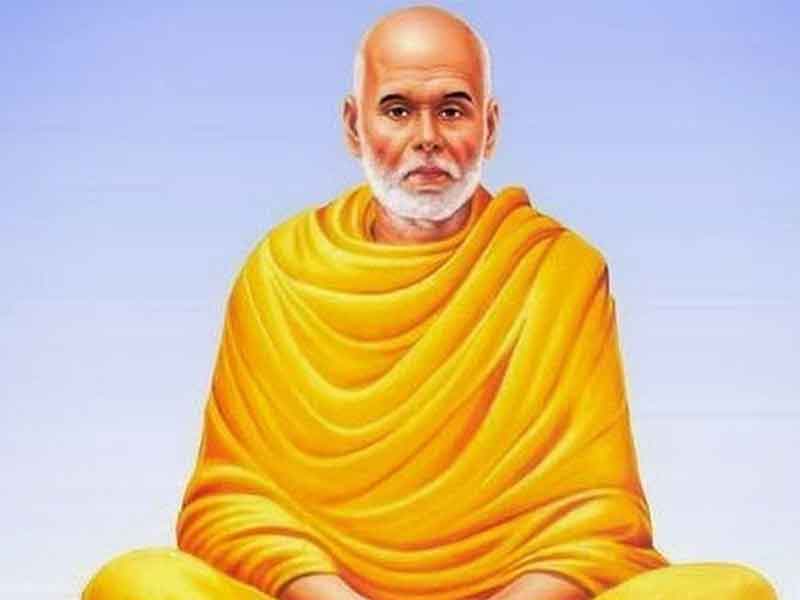
Malik Mohammad Khan Marri was a veteran Baloch nationalist leader and an unwavering figure in the struggle for Balochistan’s autonomy and cultural dignity. His life embodied the collective aspirations of the Baloch people, rooted in a long-standing fight for self-determination and resistance against state-led repression. At the age of 86, his passing marks a deep loss not only for the Marri tribe but for the wider Baloch national movement.
Tribal Roots and Early Life
Born in Kohlu district in Balochistan, Malik Mohammad Khan Marri hailed from the historically significant Marri tribe—one of the most prominent tribes in the region. The Marris have played a pivotal role in the political awakening and resistance movements of Balochistan since the mid-20th century.
Marri’s upbringing was steeped in the legacy of resistance. His family was known for its staunch opposition to centralized rule and for advocating Baloch identity, language, and control over natural resources. These early influences shaped his lifelong commitment to the Baloch nationalist cause.
Political Journey and Nationalist Commitment
Malik Marri’s political journey began by organizing Baloch youth and student groups. Over time, he became a respected elder and strategist in various Baloch political formations. He believed in community mobilization, intellectual clarity, and the unyielding right of the Baloch people to determine their own future.
While advocating for peaceful resistance, he also recognized that extreme state repression often left people with little option but to intensify their struggle. His nuanced understanding of politics—rooted both in tribal wisdom and nationalist ideals—earned him reverence among multiple generations of activists.
Marri was closely associated with the broader Baloch national movement, including the Baloch Liberation Army (BLA), which acknowledged him as a symbolic guardian of Baloch dignity and self-rule. He was often addressed with the honorific “Malik,” reflecting his stature as both a tribal elder and a respected political figure.
Defiance of the State and Vision for Balochistan
Malik Marri was a vocal critic of Pakistan’s centralized state policies, which he believed systematically exploited Balochistan’s natural wealth while suppressing its people. He consistently argued for local control over resources, recognition of Baloch identity, and cultural autonomy.
His ideological stance emphasized peace, dignity, and the right of Baloch people to exist as a distinct political and cultural entity. He also highlighted the need to bring Baloch voices to international forums and not confine their struggle within provincial margins.
International human rights organizations such as Amnesty International and Human Rights Watch have long documented enforced disappearances, extrajudicial killings, and suppression of dissent in Balochistan—issues Marri frequently raised in public forums and private negotiations. His voice, though silenced now, echoed the lived realities of thousands across the province.
Death and National Mourning
Marri passed away in April 2025. News of his death triggered a wave of mourning across Balochistan. The Baloch Liberation Army, in a formal tribute, called him “a great warrior and servant of the Baloch homeland.” The group described his life as a symbol of “sacrifice and unwavering dedication,” and vowed that his vision would continue to inspire future generations.
Social media was flooded with messages from Baloch activists and sympathizers remembering him as a wise elder, a moral compass, and a stalwart of the people. His funeral was attended by members of the Marri tribe, political workers, and youth groups, all paying homage to a man whose legacy spanned decades.
Legacy of Resistance and Inspiration
Malik Mohammad Khan Marri leaves behind a legacy rooted not in rhetoric, but in principled action. He never compromised with power, never bowed to opportunism, and remained steadfast in the face of both military coercion and political marginalization.
His life is now part of Balochistan’s political folklore—an example of how one tribal leader, armed only with resolve and vision, could become a symbol of national dignity. For Baloch youth today, he remains an enduring figure of resistance and hope.
Subscribe to Our Newsletter
Get the latest CounterCurrents updates delivered straight to your inbox.
Ashish Singh has finished his Ph.D. coursework in political science from the NRU-HSE, Moscow, Russia. He has previously studied at Oslo Metropolitan University, Norway; and TISS, Mumbai.














































